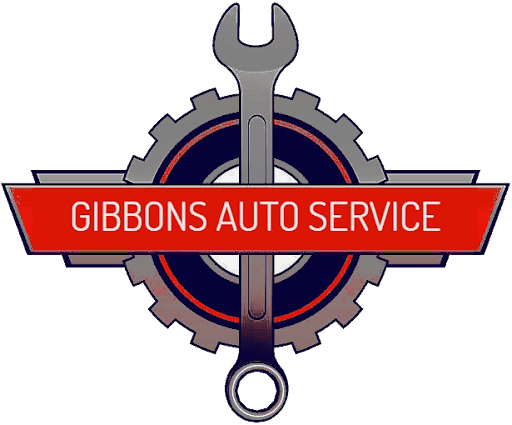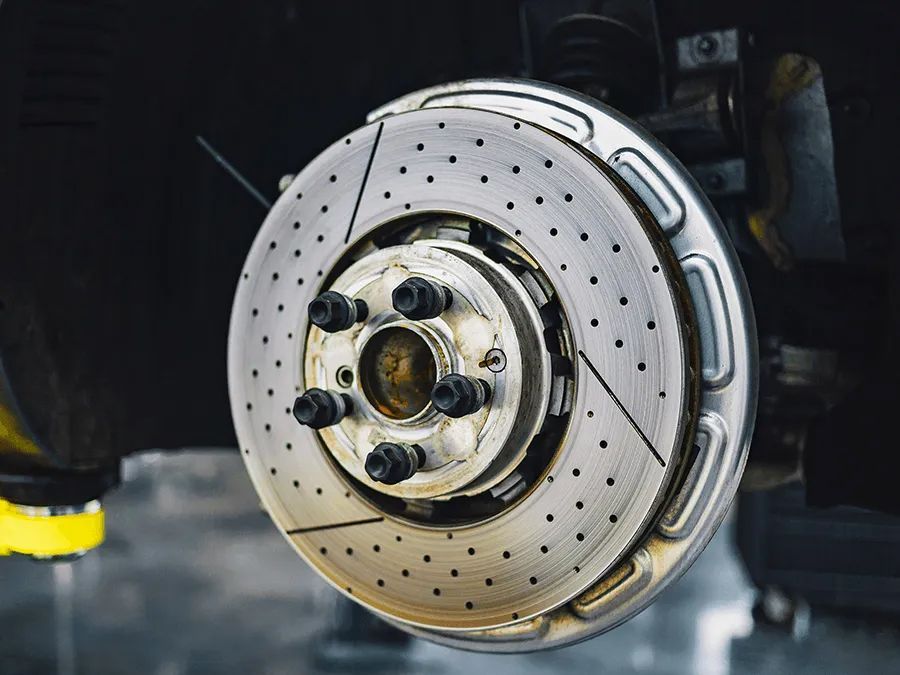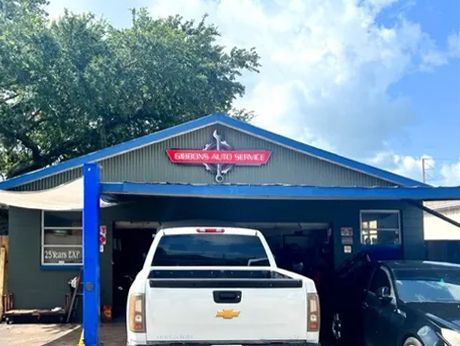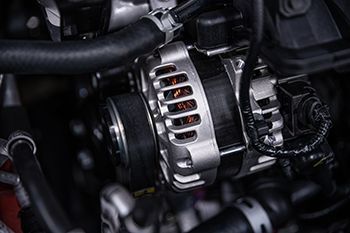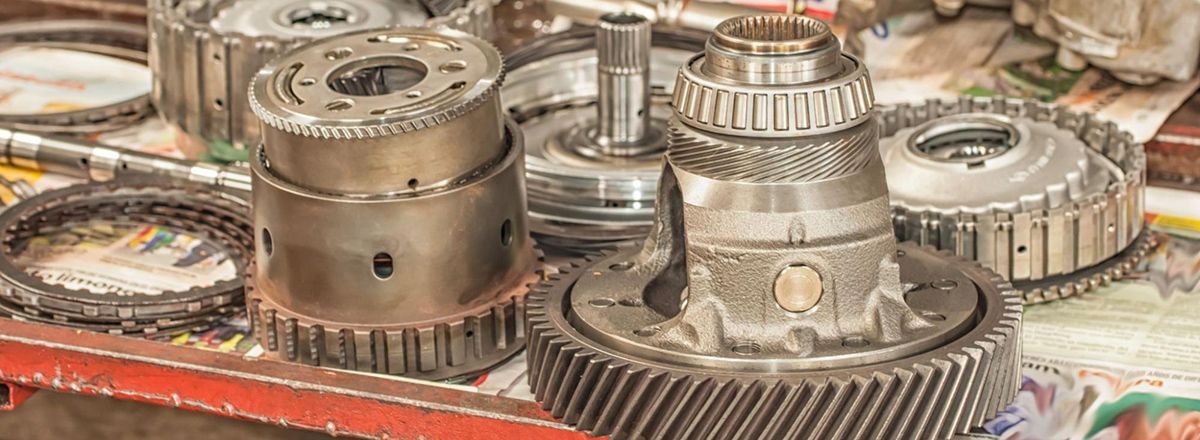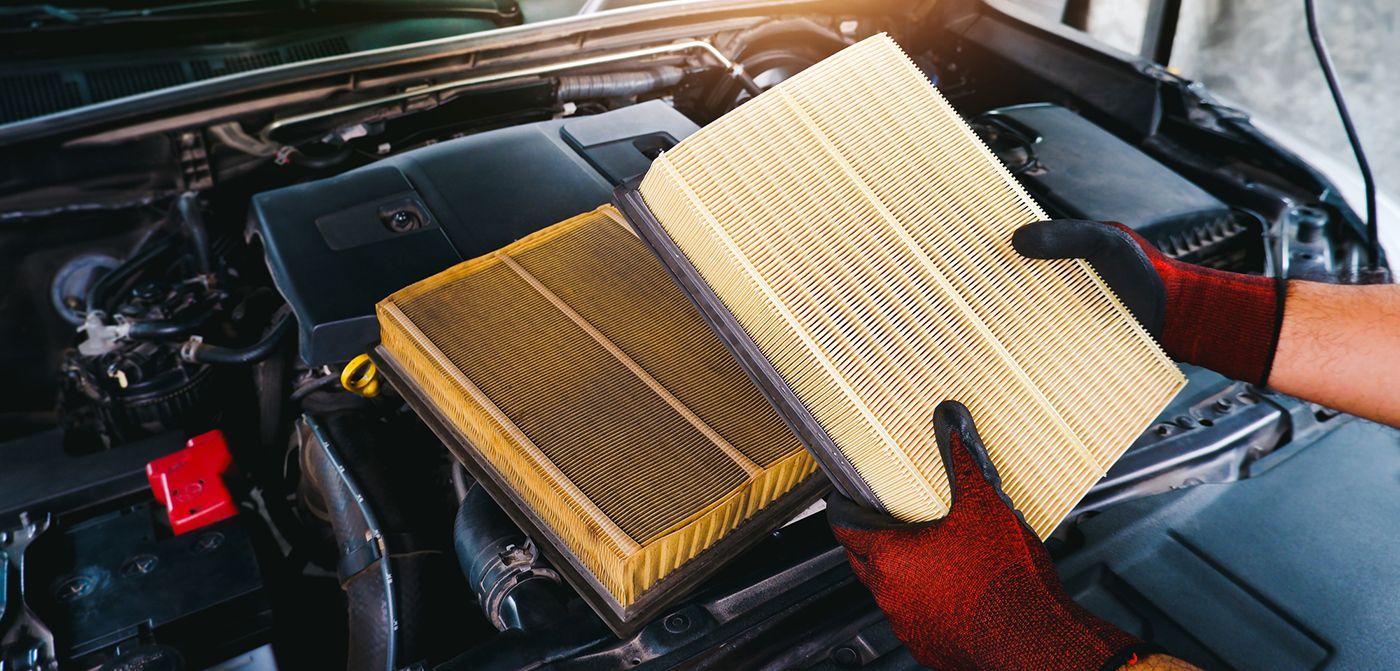2625 Industrial Park Dr Lakeland, FL 33801 | Mon-Fri 8:30am-5:30pm |
(863) 900-8363
Gibbons Auto Service Blog

A healthy suspension system is essential for providing a smooth, stable, and safe ride. It absorbs shocks from bumps and potholes, keeps tires in contact with the road, and enables proper handling. When suspension components wear out, it can affect driving comfort and safety. Many drivers have questions about suspension repair, including how to recognize issues. At Gibbons Auto Service, we’re happy to answer your questions about suspension repair in the greater Lakeland, FL area. What Are the Signs That Suspension Needs Repair? Suspension problems often show noticeable warning signs. Drivers may experience a bouncy or rough ride, excessive swaying during turns, or uneven tire wear. Other symptoms include pulling to one side, unusual noises like clunking or squeaking, and steering that feels loose or unresponsive. Recognizing these signs early can prevent further damage and improve safety on the road. Which Components Are Usually Repaired or Replaced? A vehicle’s suspension system consists of several parts, including shock absorbers, struts, springs, control arms, and bushings. When issues arise, technicians may replace worn shocks or struts or replace damaged bushings. The specific repairs depend on the type of suspension and the extent of wear, but addressing worn components promptly helps maintain ride quality and vehicle handling. Is Suspension Repair Expensive? The cost of suspension repair varies based on the parts being replaced and the complexity of the system. Replacing shocks or struts is typically less expensive than a full suspension overhaul. While repairs can be a significant investment, they are necessary for safety and can prevent more costly damage to tires, alignment, and other vehicle systems if addressed promptly. Can Driving With a Bad Suspension Be Dangerous? Yes, a damaged suspension system can compromise safety. Worn components affect braking, steering, and overall vehicle stability, especially during emergency maneuvers. Ignoring suspension problems can also cause premature tire wear and additional strain on other parts of the vehicle. Timely repairs help ensure your vehicle handles properly, maintains traction, and provides a comfortable ride. Where Can I Get Expert Suspension Repair in Lakeland, FL? For expert suspension repair in Lakeland, FL and the surrounding area, contact Gibbons Auto Service at 863-900-8363 . Feel free to give us a call to make an appointment for car care in greater Lakeland!

Staying on top of your car’s oil change schedule is one of the simplest yet most important responsibilities of vehicle ownership. Engine oil plays a critical role in keeping internal components lubricated, cool, and clean. When oil changes are delayed, performance and reliability can quickly suffer. Following the recommended schedule helps protect your engine and avoid costly problems down the road. At Gibbons Auto Service, we provide full-service oil changes in the greater Lakeland, FL area. Here are five reasons to always follow your oil change schedule. Prevents Excessive Engine Wear Engine oil creates a protective layer between moving metal parts, reducing friction during operation. Over time, oil breaks down and becomes contaminated with dirt and debris. When old oil circulates through the engine, it loses its ability to protect components, leading to increased wear. Regular oil changes help ensure fresh oil is always available to shield critical engine parts from damage. Decreases the Risk of Overheating In addition to lubrication, engine oil helps regulate engine temperature by absorbing and dispersing heat. When oil becomes dirty or degraded, it cannot manage heat effectively. This allows temperatures to rise, increasing the risk of overheating and potential engine failure. Consistent oil changes help maintain proper cooling. Improves Engine Performance and Efficiency Clean oil allows the engine to operate smoothly and efficiently. When oil thickens or turns sludgy, the engine must work harder to circulate it, which can reduce fuel-economy and responsiveness. Fresh oil improves overall performance, leading to smoother acceleration and better gas mileage. Prevents Harmful Sludge Buildup As oil ages, it can break down into sludge that clogs oil passages and restricts flow. Sludge buildup starves engine components of lubrication and increases the risk of serious mechanical issues. Following your oil change schedule helps flush out contaminants before sludge forms, keeping internal systems clean and functioning properly. Helps Maintain Resale Value A well-documented maintenance history is a major advantage when selling or trading in your vehicle. Buyers are more confident in vehicles that show consistent oil changes, as it indicates proper care and reduced risk of engine problems. Full-Service Oil Change in Lakeland, FL For expert auto maintenance in Lakeland, FL and the surrounding area, contact Gibbons Auto Service at 863-900-8363 . Feel free to give us a call to make an appointment for car care in greater Lakeland!

When your car won’t start—or hesitates, sputters, or cranks slowly—it’s more than just an inconvenience. Startup issues are often early indications of underlying mechanical or electrical problems that can worsen quickly if ignored. Understanding what may be causing your engine to struggle is the first step toward preventing a breakdown and keeping your vehicle reliable. At Gibbons Auto Service, our local mechanics can identify the issue and expertly fix it. Here are four common reasons your engine may be having trouble firing up. A Weak or Failing Battery The battery supplies the crucial electrical power needed to crank your engine, so when it’s weak, worn out, or unable to hold a charge, your vehicle may struggle to start. Extreme temperatures, corrosion on the terminals, or a failing alternator can accelerate battery deterioration. Replacing an old, failing battery at the first sign of trouble can prevent getting stranded. Fuel Delivery Problems If your engine isn’t receiving enough fuel—or the proper mix of fuel and air—you may experience hard starts, sputtering, or stalling shortly after startup. Common culprits include clogged fuel filters, failing fuel pumps, or dirty fuel injectors. Regularly replacing the fuel filter and using quality fuel can help keep the system clean and efficient. A Faulty Starter Motor The starter motor is responsible for turning the engine over when you turn the key. As it wears out, you may hear a clicking sound. And as the internal components weaken, the starter may fail completely, leaving your engine unable to crank at all. If you notice early signs of starter trouble, getting it tested and replaced promptly can prevent sudden no-start situations. Ignition System Issues For your engine to start, the spark plugs, ignition coils, and related components must ignite the fuel-air mixture efficiently. Worn spark plugs, failing ignition coils, or damaged wiring can result in misfires, rough startups, or complete ignition failure. Regular tune-ups help prevent these issues and keep your ignition system functioning properly. Auto Repair in Lakeland, FL For expert auto repair in Lakeland, FL and the surrounding area, contact Gibbons Auto Service at 863-900-8363 . Feel free to give us a call to schedule an appointment!
